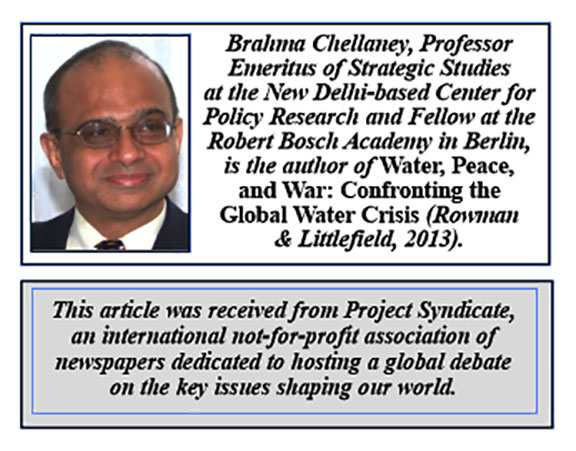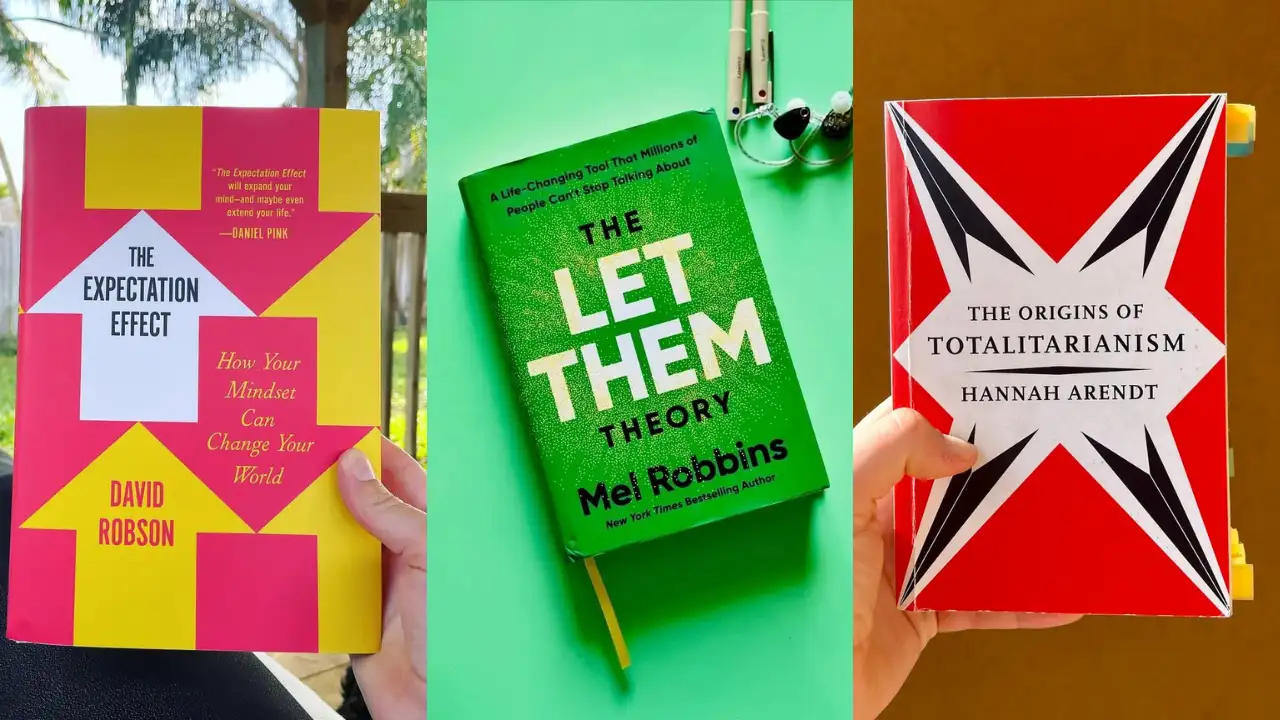By Brahma Chellaney,Stabroek News
Copyright stabroeknews

By Brahma Chellaney
GENEVA – “Everyone says that I should get a Nobel Peace Prize,” US President Donald Trump told the United Nations General Assembly this week, because “I ended seven un-endable wars in seven months.” The boast was classic Trump: extravagantly formulated, unironically delivered, and patently false.
A recent poll indicates that only 22% of US adults believe that Trump deserves the Nobel Prize – a far cry from “everyone” – with 76% of respondents stating that he does not deserve it. Perhaps this reflects the fact that Trump has not ended seven wars. Arguably, he has not even ended one.
Some of Trump’s claims were pure fiction. For example, he took credit for ending a war between Egypt and Ethiopia. But, although bilateral tensions over the Grand Ethiopian Renaissance Dam have simmered for years, they have never boiled over into war. Likewise, Trump claimed to have ended a nonexistent war between Kosovo and Serbia. Despite considerable hostility – and a history of violent clashes – the two countries have not been at war since the 1990s. No war is easier to end than one that has never started.
Perhaps Trump’s most risible invention was the war – “a bad one” – between Armenia and Cambodia, countries located over 4,000 miles (6,500 kilometers) apart that have never had any conflict whatsoever. Armenia did clash with neighboring Azerbaijan this year, and Trump convinced both countries’ leaders to sign a joint declaration aimed at ending their decades-long conflict. But progress on implementing that agreement has stalled, and the accord is in danger of unraveling. That Trump would consider this conflict “ended” reveals the depth of his ignorance about peacemaking.
The same goes for the war between the Democratic Republic of Congo and Rwanda. Trump does have a set piece to point to: a “wonderful” US-mediated deal. But while the war may have ended on paper, deadly clashes continue.
As for Cambodia, it engaged in skirmishes with its neighbor Thailand in July over their contested border. But Trump’s attempts at economic coercion did little to defuse the crisis. What brought the fighting to an end was the Association of Southeast Asian Nations’ diplomacy, with this year’s ASEAN chair, Malaysian Prime Minister Anwar Ibrahim, hosting the Cambodian and Thai leaders for face-to-face talks in Kuala Lumpur. While the underlying border dispute, centered largely on ownership and control of ancient Hindu temples, remains unresolved, the “immediate and unconditional” ceasefire that Anwar brokered halted the violence.
This is not the only example of Trump taking credit for others’ foreign-policy acumen. After Pakistan-backed terrorists massacred Indian tourists in Indian-administered Kashmir in April, India took decisive and carefully calibrated retaliatory action, launching military strikes on Pakistani terror camps. It was this show of force that made Pakistan back down, but Trump would have the world believe that he single-handedly mediated an end to the conflict using his favorite tool: trade threats. So absurd and relentless were his boasts that Indian officials publicly refuted him.
Trump’s most audacious claim, however, was that he ended the war between Israel and Iran. In reality, Trump gave Israel the green light to strike Iranian positions; deployed American military assets to help Israel shoot down Iran’s missiles and drones; and ordered the bombing of Iranian nuclear sites – severely undermining the global nonproliferation regime in the process. If this is Trump’s idea of peacemaking, one dreads to think what his version of warmongering would look like.
Trump’s Nobel Peace Prize campaign has followed a familiar pattern: invent or inflate a problem, claim to have solved it, and then demand a reward. From his photo ops with North Korean leader Kim Jong-un to his Middle East “peace deals” (which merely formalized existing relations between the Gulf states and Israel), Trump engages in theater, not diplomacy – performances staged for headlines and applause. The Norwegian Nobel Committee, one suspects, will not be fooled. The same cannot be said for Trump’s base.
Trump’s absurd claims not only undermine US credibility abroad but also carry real risks. For starters, they trivialize genuine peacemaking. Ending wars is among the most difficult tasks in international politics. It demands quiet diplomacy, painstaking negotiations that address the root causes of conflict, and a commitment to following through on any agreement. Trump has shown little interest in such work. All he cares about is fanfare.
Moreover, false declarations of peace can mask unresolved conflicts and undermine the vigilance needed to prevent new flare-ups, which could ignite with even greater ferocity. Such proclamations can also erode accountability for diplomatic failures – and even for reckless military actions like those Trump sanctioned against Iran.
Trump’s claim to have ended seven “un-endable” wars is best understood as a case study in self-delusion. Branding is not leadership. Real peace depends on leaders who know the difference. But in Trump’s world, peace is not the absence of war, but the presence of applause.
Copyright: Project Syndicate, 2025.



